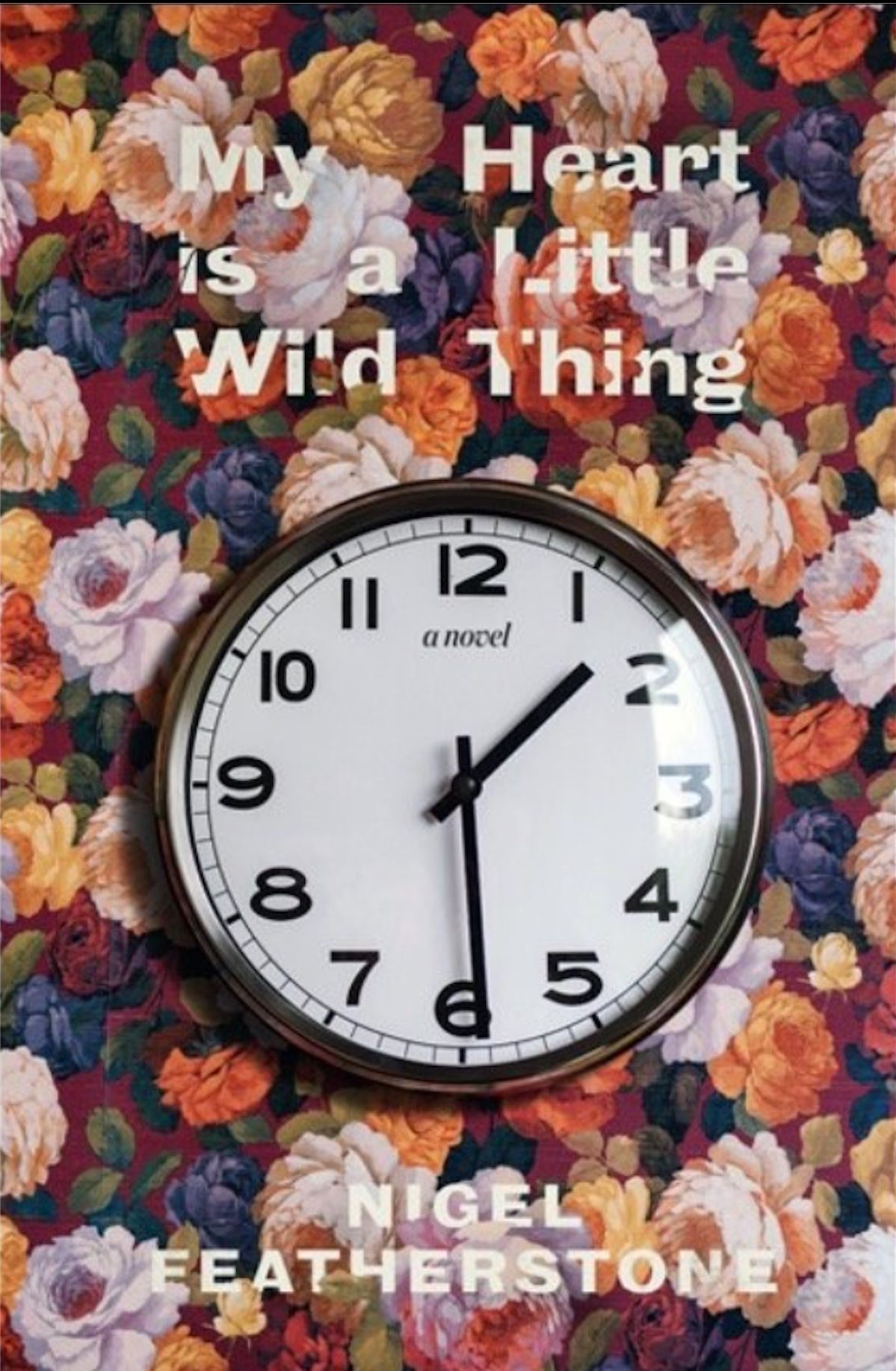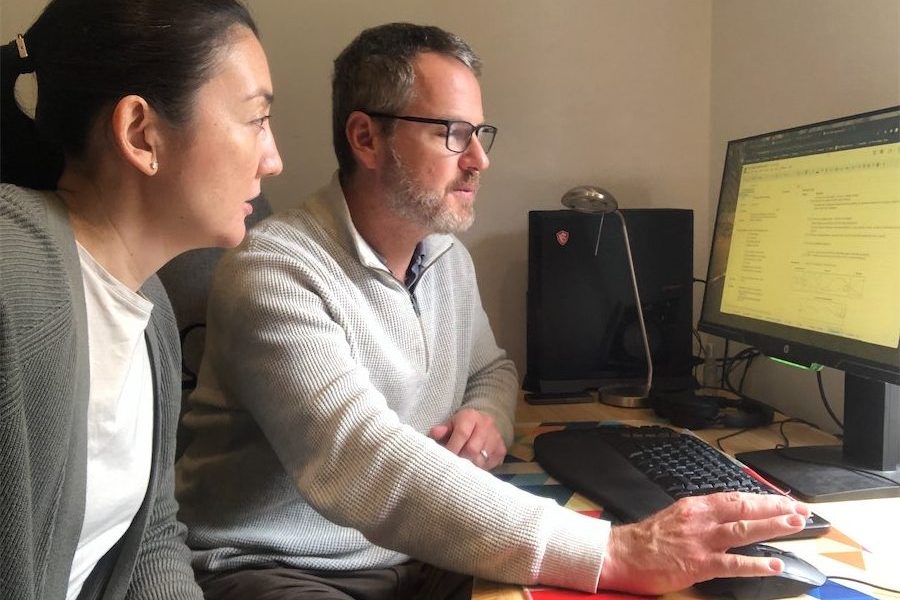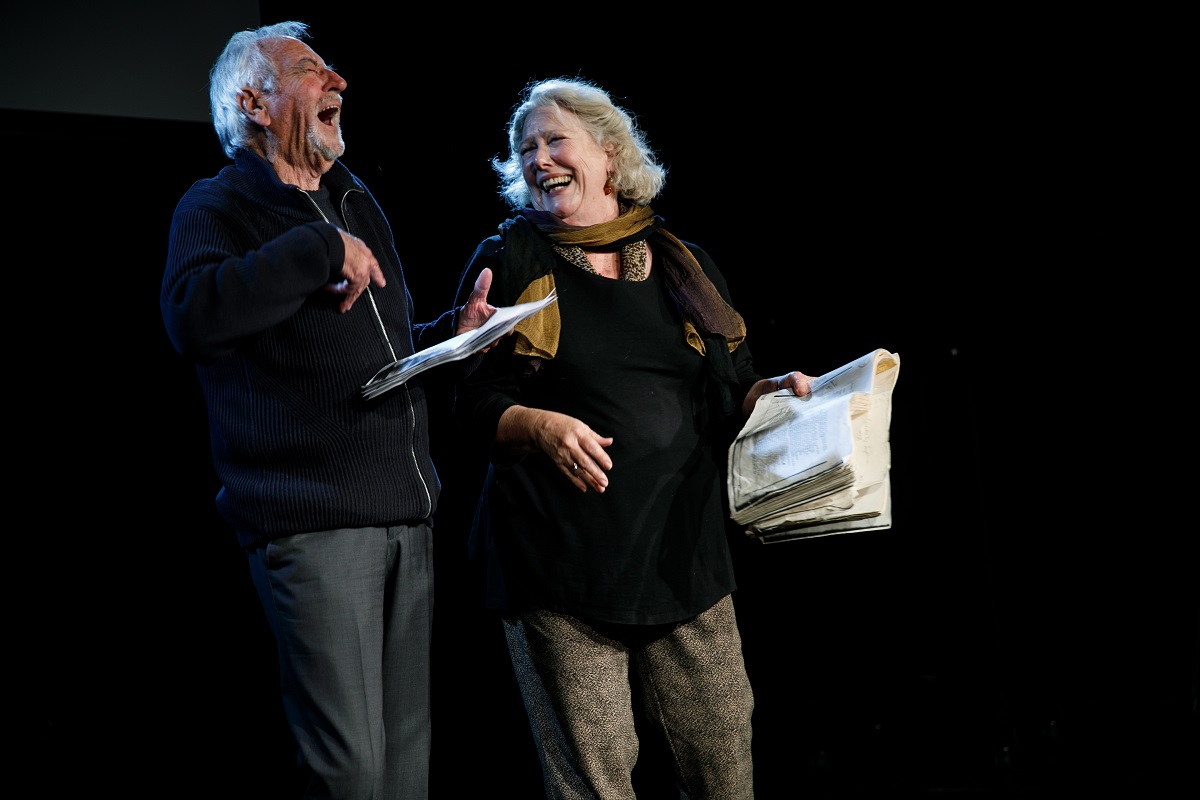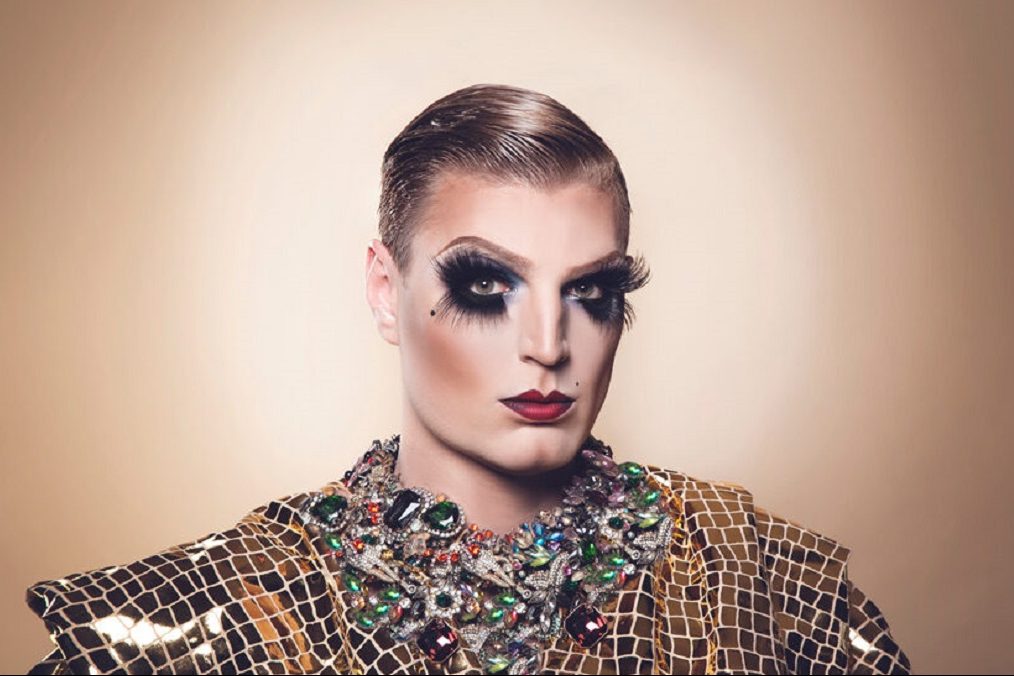
A TINY settlement in the magnificent Monaro, caught between the alps and the coastal escarpment, is the source of inspiration for Canberra region writer Nigel Featherstone’s second novel, out this month.
Not so much inspired by the lush Southern Highlands, where he has also lived, it was a trip to Bobundara, population 13 and 138 kilometres south of Canberra, that moved him to write “My Heart is a Little Wild Thing”, a gentle look at Australian masculinity.
But as I find, when we catch up, writing a novel is no straightforward matter and the intervention of fate helps.
Featherstone, one of the driving forces in the Canberra writing community, now commutes between Goulburn and the ACT, where he advises writers and works as a dramaturg at The Street Theatre.
He says he was inspired by time he spent on the Monaro – “that landscape really burrowed beneath my bones,” he says.
Written as a fictional memoir, it’s a very different kind of work from his 2019 success, “Bodies of Men”, set during World War I, but it is nonetheless a novel, a creative work of the imagination.
It is also a work of his mature years, for Featherstone’s protagonist, Patrick, is a man nearing middle age whose relationship with his increasingly demanding mother necessitates change.
“I first had the idea in 2007 of someone who is troubled going back to a place that means a lot,” he tells me.
“There he sees a strange animal and that’s the core story. It predates ‘Bodies of Men’.”
In early 2020, while working on another manuscript in need of editing, he met writer and photographer Trisha Dixon, author of several gardening books published by the National Library, who lives at Bobundara.

“I want to stay in the Monaro,” he wrote to her. To his amazement, Dixon replied, inviting him to stay in the “steading”, the out-building of her farm.
“After the horrible 2019 summer, we’d got to February and there was smoke everywhere, so I said, I’ll come.”
The moment he walked through the door into a comfortable room where other artistic people had also stayed, he felt he’d come to the right place to edit his manuscript.
But almost immediately, he thought, “this manuscript doesn’t work”, so spent a week wandering and sitting around Bobundara chatting with Trisha’s son-in-law and Trisha herself, eventually deciding on a completely different direction and a different story.
Here’s the gist of it. A troubled man who lives in the same street as his fast-dementing mother, finds himself committing a violent act. To find a better way of living, he decides to go back to the Monaro where he and his family spent happy times in a rented steading, and there’s a strange animal lurking around.
“I had my first draft in 14 days, I knew something had clicked.” By contrast, it had taken him 40 drafts to get “Bodies of Men” finished.
Affirmations quickly followed. Canberra novelist Karen Viggers told him, “get this to your agent straightaway,” then he and fellow authors Julie Keys and Robyn Cadwallader won a Write North Writers’ Group Residency with novelist Charlotte Wood and spent a week in the hinterland near Byron Bay.
“It was just fantastic. We talked about artists’ strategies and then at the end of the week, Charlotte said: ‘I think you’ve got something quite special’.”
Featherstone came back, did 12 more drafts, then found that his publisher Robert Watkins had left Hachette and gone to the new Ultimo Press, an imprint of Hardie Grant, who told him: “I’m very keen to stay with you”. Featherstone felt the same and has ended up with Watkins and his old editor, Ali Lavau.

Fate played a part in other ways, too.
Caroline Stacey at The Street Theatre had told him of Chekhov’s advice to start a story after the bad things happened, Canberra poet Melinda Smith introduced him to the Spanish poet Lorca’s theme of the “devil-muse”, to which he could relate, and then his mother died.
Featherstone describes the Monaro as “the perfect place, turning up just after the death of a writer’s mother.”
But there is much more to the novel than just a mother-and-son story. There’s also a love interest, set against changing attitudes to same-sex love and marriage equality and the promise of a new life in a natural setting. And there’s that mysterious animal.
Nigel Featherstone, “My Heart is a Little Wild Thing”, Ultimo Press/Hardie Grant Publishing ($32.99).
Who can be trusted?
In a world of spin and confusion, there’s never been a more important time to support independent journalism in Canberra.
If you trust our work online and want to enforce the power of independent voices, I invite you to make a small contribution.
Every dollar of support is invested back into our journalism to help keep citynews.com.au strong and free.
Thank you,
Ian Meikle, editor




Leave a Reply